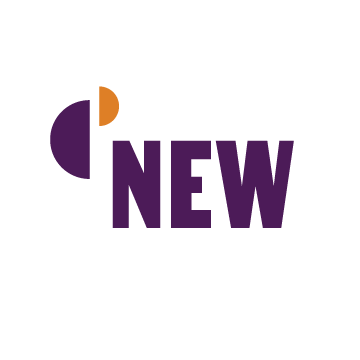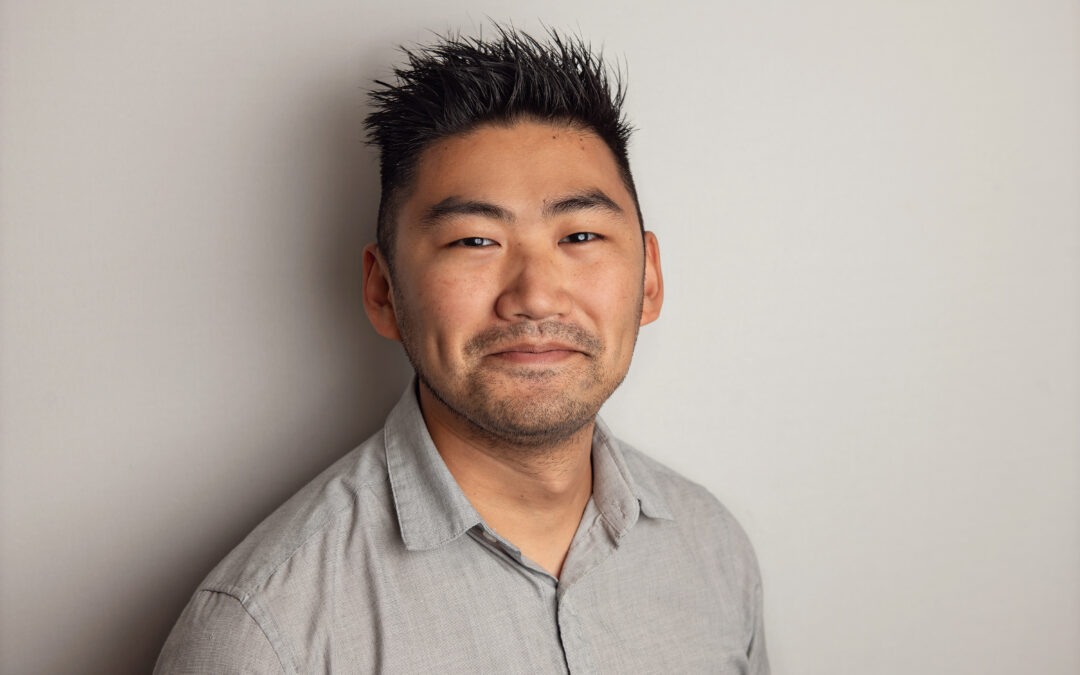“We don’t know each other, but we do.”
I came across this phrase in a group for Korean adoptees, offered as kind support and reassurance to a member in crisis. It sums up a sense of understanding and belonging that I’ve longed for my entire life, and only just recently found.
International adoption in Korea began in earnest following the “end” of the Korean War in 1953, in response to large numbers of orphaned mixed-race (American/Korean) children. The Korean adoption industry would later expand to include children born to unwed or unwilling mothers. To present, over 200,000 children have been adopted out of Korea, with the majority occurring in the 1970’s and 1980’s.
Korean culture, rooted in Confucian ideals and morals, played a large part in the rise of the adoption industry. In pregnancies outside of marriage, the unwed mother and child(ren) could expect to face ostracization and shame in Korean society. Because of this, many Korean children were placed into the adoption system, and sent to white families overseas.

Growing up in a primarily white community, I was uncomfortable in my Asian-ness. I was sensitive to any suggestion that I might be different; every anxiety-ridden cell of my body wanted to fit in with my white peers. I resented the “Korean culture camps” that my adoptive parents took me to, where I was uncomfortable and unwilling to learn from the grown adoptees who shared bits and pieces of the culture that they had returned to. My white friends weren’t eating bulgogi and kimchi, so I didn’t want to either.
I was often asked if my adoptive parents had told me that I was adopted, or when and how I had found out. This is the reality of transracial adoption. For as long as I have memory, I’ve been reminded that I don’t fit neatly within my white adoptive community. I regularly fielded the question of “where are you from?” and the inevitable follow-up of, “No, I mean where are you REALLY from?” In youth sports, I frequently heard the kids on opposing teams refer to me as “the Chinese kid”. On the high school drumline, my peers laughed and held out their sticks parallel to the ground within their own field of vision to determine if mine was somehow more narrow, because of my Asian eyes.

For a long time, I was angry. Without any real form or direction, I was resentful towards a society that I saw no reflection of myself in. I struggled in school, struggled maintaining healthy relationships, and had (still have) trouble setting boundaries and saying no. It wasn’t until the birth of my son that I started to examine my adoption, and the feelings and trauma it had left me with.
Within the adoptee community, I often find reference to “exiting the fog”. While this saying is nuanced, for me, it was the eventual willingness to confront my adoption and the surrounding circumstance as the traumatic experience that it was. As I exited my own fog, I began to seek out adoptee groups online, to reconnect with Korean culture, and to search for a sense of belonging that I had been denied.
I have a strained relationship with belonging. As an Asian person growing up in a white community, I didn’t belong because of the way that I looked. On a trip to Toronto amidst a large community of “real” Koreans, I somehow felt even less of a sense of belonging. Here, it was the language barrier that kept us from connecting. In many ways, my adoption has left me with fragments of a racial identity that I’m only just beginning to piece together.
I’ve found great comfort in the adoptee community. The deepest well of who I currently am is my adopted self. To find a whole group of people out there who implicitly understand, at least to some extent, has been nothing short of liberating. A group of people who I actively avoided is now my greatest source of support and understanding.
I’ve fallen in love with Korean cooking and begun learning the language in earnest. When a Korean friend told me recently that my homemade bulgogi “tasted just like Korea”, my heart overflowed. I see my three-year-old hungrily grabbing fistfuls of handmade mandu (dumplings), and I feel like a proud Korean father. I mumble a quick “thank you” in stilted Korean to the owner of the local restaurant, and she smiles and returns the sentiment.

For me, and maybe for others, belonging is a journey. It ebbs and flows in my life, sometimes on its own, sometimes at my influence. I’ve come to understand that some onus is on me to create my own sense of belonging in the spaces that I occupy. I don’t profess to have everything sorted out. But I’ve come to find comfort in being more honest and open about who I am, who I want to be, and how I can show up for others. In the past I often just hoped for tolerance. Now, I’m working towards demanding the acceptance and understanding that every person deserves.
I can’t imagine that this feeling is unique to adoptees. For anyone struggling with a sense of belonging, I see you. My hope is that my voice is another layer in the mix; a widening of the trail to that common destination, Belonging, that further eases the passage of the next person to tread it. My words to them, with all the care in my heart: “I don’t know you, but I do.”

